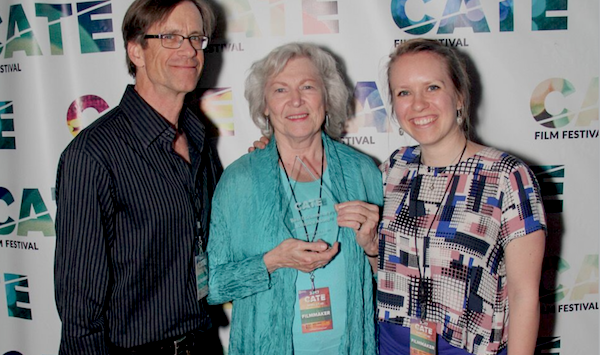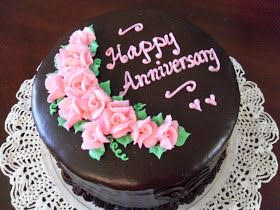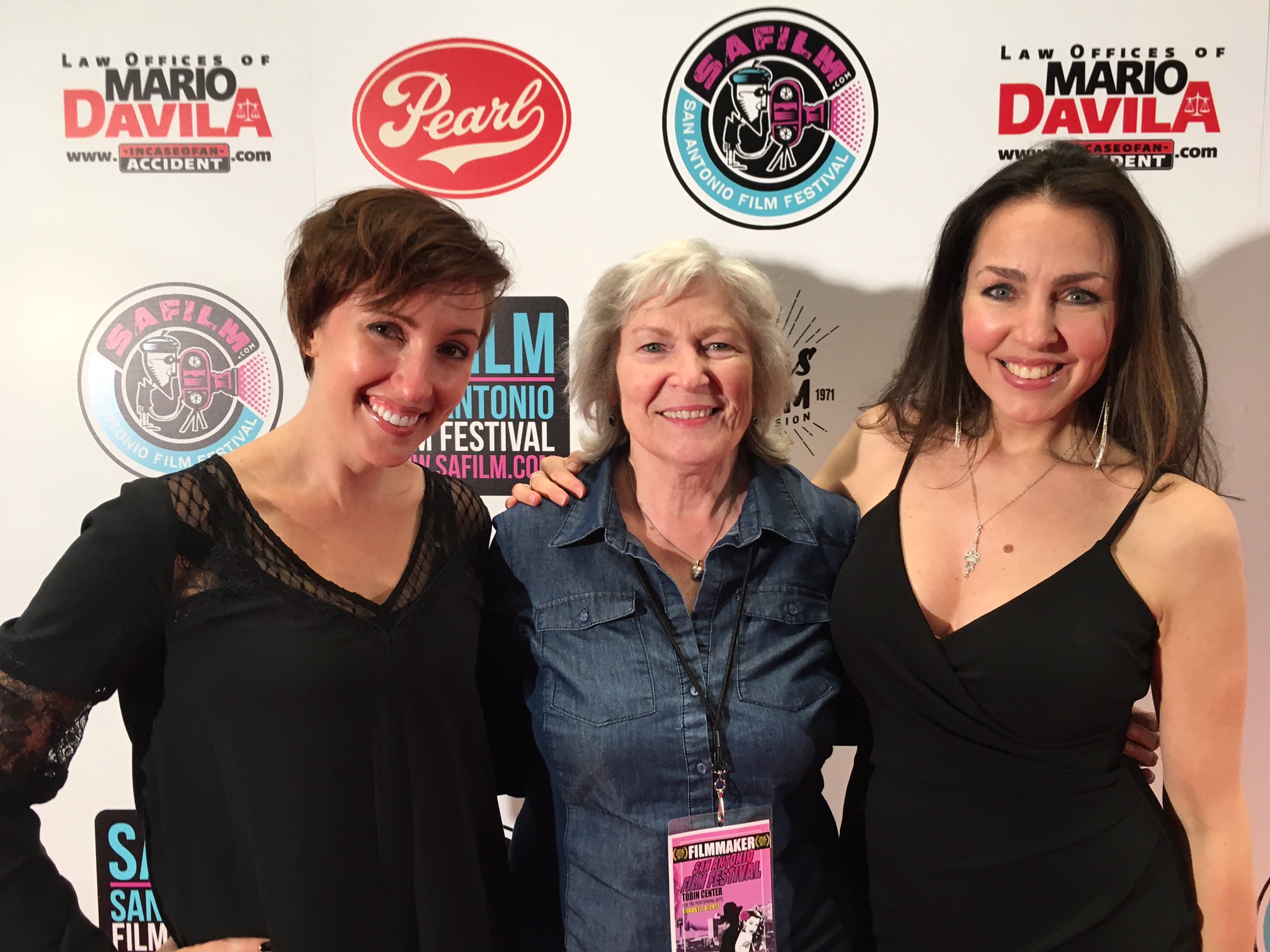When I began working on a research project about Thelma & Louise in 1991, I didn’t know I was researching two films.
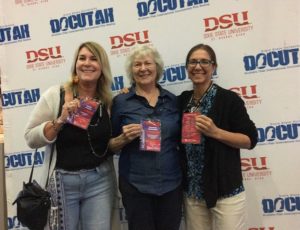
All I knew was that I had been ‘blown away’ by the movie. It transported me to some kind of previously unknown psychological dimension, removed from the day-to-day world of existence that was familiar to me. I felt like I was in a bubble; insulated from the mundane, or separate from it in some indefinable way.
In fact, the next morning after seeing Thelma & Louise for the first time, I decided to change my last name. Just like that. And that’s exactly what I did. I didn’t ponder this decision. It was almost as though it was dictated from somewhere else. I accepted the first name that came into my consciousness. Basically, it was a fait accompli.
I set about designing a very simple, open-ended questionnaire to elicit responses from other people who had seen Thelma & Louise. How did the film affect them? What sort of reactions did they have? What moved them as they watched the film and stayed with them after they left the theater? These are the things I wanted to know.
In 1991, it was not so easy to get feedback. Not like today. No Google; no email; no social media. I did research at the library, gathering names and addresses of individuals at some newspapers and journals around the country. I wrote my first press release and mailed it, with letters, to these contacts. Callie Khouri, the screenwriter, saw one of these and telephoned me. Little did we know at that time what an indelible mark Thelma & Louise would make in the world of cinema.
Fast-forward 25 years to another research project: locating women and men who had written letters in response to the questionnaire in 1991. Through the help of Google, I was able to find people all over the country and interview them. Not everyone I would have liked to find, but more than enough to make a documentary where viewers share their original responses and compare them to how they feel today.
It is only now, all these years later, that the realization has become apparent: Thelma & Louise is two different films.
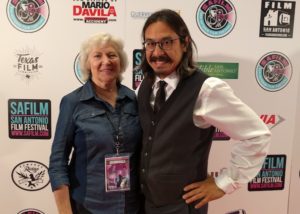
It does not exist ‘out there, somewhere.’ It exists inside the minds and hearts of viewers. They are as much a part of the creation of the this film as the screenwriter, the cast and crew. To most of the men, and some of the women, Thelma & Louise is an adventure film. It is the film that was advertised in 1991: ‘a female buddy movie;’ a fun, getting-the-best-of-the-authorities, road-trip.
But to women, and some male viewers, Thelma & Louise is a film about two women defending themselves against sexual assault, harassment, and entrenched societal institutions which aid and abet injustice. In the end, the protagonists are of one mind: ‘give me liberty or give me death.’
As Director and Producer, I have been touring the country with Catching Sight of Thelma & Louise on the film festival circuit. I have participated in more than a dozen Q&A sessions. All genders love the documentary. But it’s the men who tell me they see Thelma & Louise in a whole new light. They gain an understanding of what it means to women and what it symbolizes for them. And they thank me for making it.
